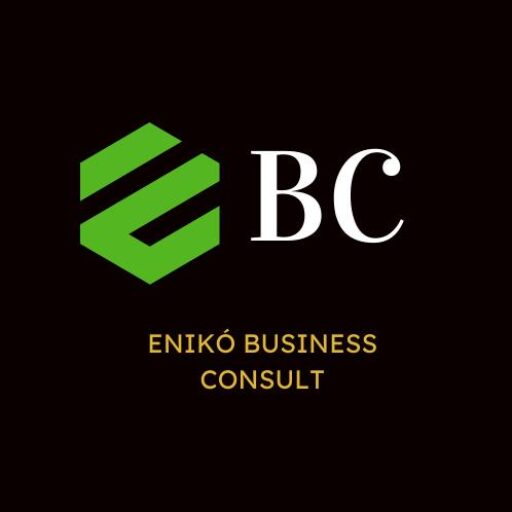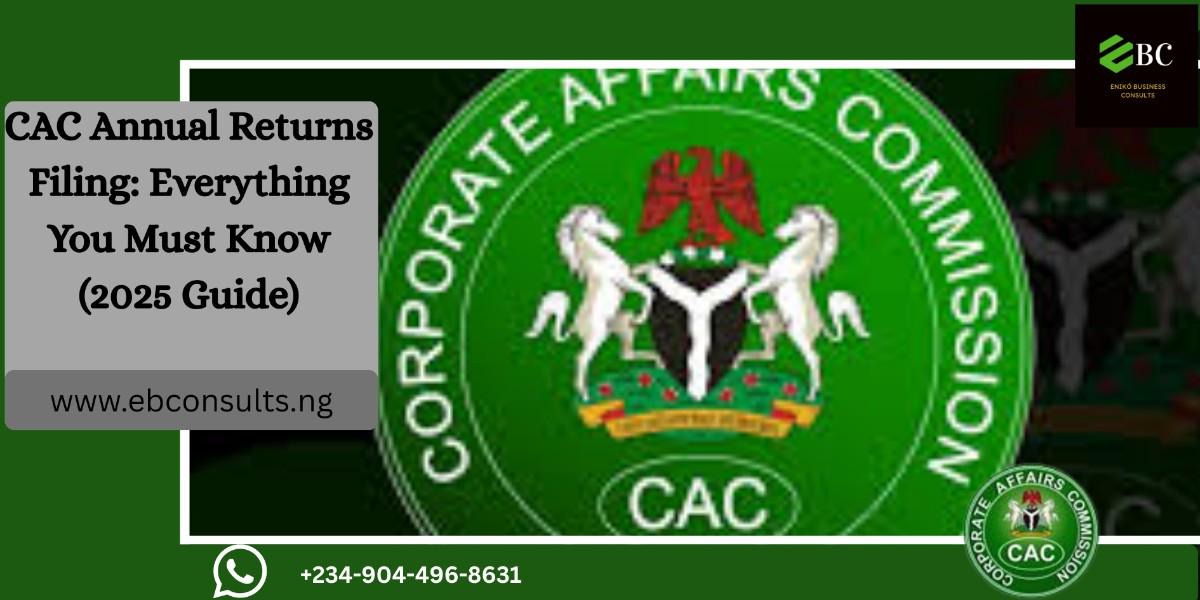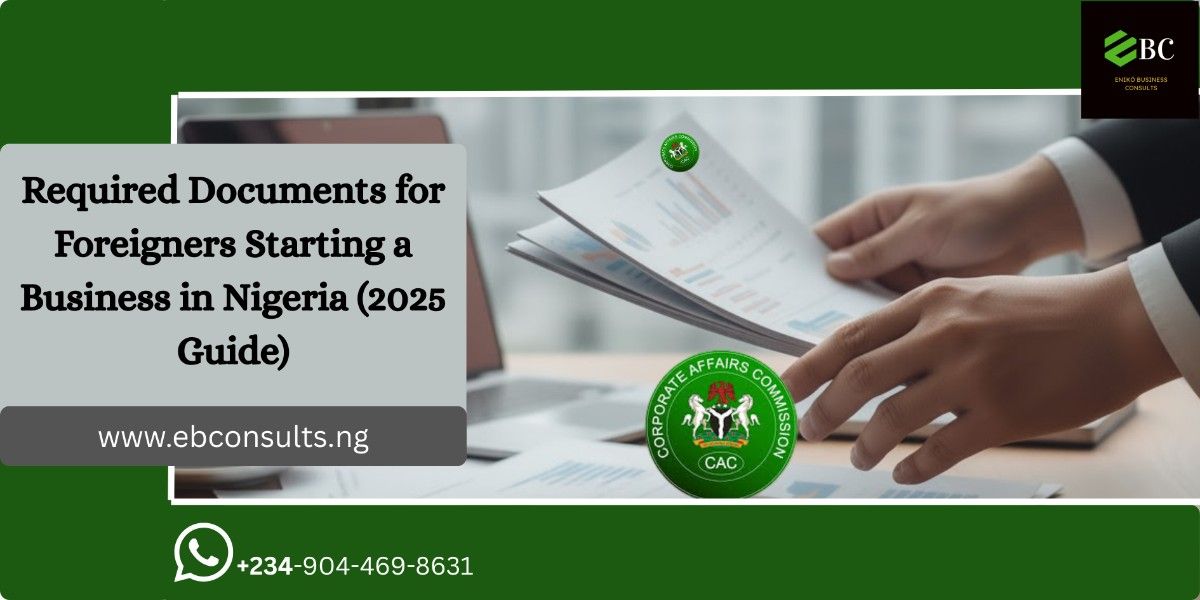Your go-to legal roadmap for hiring and managing employees in Nigeria as a foreign investor.

Why Employment Law Matters (Especially for Foreign Businesses)
When foreign investors set up operations in Nigeria, they often focus on permits, taxes, and market strategy. But here’s what many overlook: Nigeria’s employment laws are strict and employee-friendly, and any misstep can trigger fines, lawsuits, or shutdowns.
Whether you’re launching a fintech startup, factory, or consultancy, you must understand:
- Local hiring rules
- Contractual obligations
- Employee rights and entitlements
- Mandatory statutory contributions
- Labour inspections and dispute resolution
📌 Get this right, and you’ll earn staff loyalty, regulatory goodwill, and operational peace of mind.
Overview of Nigerian Employment Law Framework
Here are the key laws guiding employment relations in Nigeria:
| Law/Regulation | Purpose |
| Labour Act (2004) | Regulates terms for low to mid-level employees |
| Employee Compensation Act (2010) | Covers injury, disability, and death compensation |
| Pension Reform Act (2014) | Sets mandatory pension contributions |
| National Minimum Wage Act (2019) | Establishes minimum wage thresholds |
| Industrial Training Fund (ITF) Act | Mandates training levies and workforce development |
| Personal Income Tax Act | Guides PAYE deductions and remittance |
| Immigration Act & Expatriate Quota Regime | Governs foreign employment and visa quotas |
✍️ Labour laws apply to both local and foreign-owned companies. No special treatment here.
Employment Contracts: What Must Be in Writing
All employees in Nigeria must have a written contract within 3 months of starting work. For foreign-owned companies, these contracts must be clear, lawful, and locally compliant.
📝 Must-Have Elements:
- Name and job title of the employee
- Nature and scope of work
- Compensation (salary, benefits, bonuses)
- Work hours, holidays, and leave entitlement
- Termination conditions and notice periods
- Confidentiality and non-compete clauses (if any)
💼 Avoid copy-pasting international templates. Nigerian labour law takes precedence.
Statutory Obligations for Employers in Nigeria
Foreign-owned businesses must comply with statutory deductions for every employee, including expatriates under Nigerian payroll. Here’s a breakdown:
| Statutory Contribution | Rate | Who Pays? |
| Pension (via PENCOM) | 10% (employer), 8% (employee) | Both |
| NSITF (Social Insurance) | 1% of payroll | Employer only |
| ITF Levy | 1% of annual payroll (if 5+ employees) | Employer only |
| PAYE Tax (via State IRS) | Graduated up to 24% | Employee (deducted by employer) |
| NHF (Housing Fund) | 2.5% of monthly salary | Employee (optional) |
📣 We help set up compliant payroll and ensure your tax remittances are up-to-date.
Hiring Foreign Employees in Nigeria
Foreign-owned companies can hire expatriates, but only within approved quotas. The process involves:
- Apply for Expatriate Quota at the Ministry of Interior
- Get STR Visa for the individual employee
- Convert STR Visa to CERPAC (work permit) upon arrival
- Maintain compliance with quota terms (e.g., job designation, succession plan)
🔍 Quota breaches lead to fines or revocation. Don’t risk it — get expert help.
Termination & Dismissal Rules (No Room for Abuse)
Dismissal in Nigeria must follow due process and align with the terms of the employment contract and Labour Act.
🛑 Wrongful Termination Triggers:
- Dismissal without notice or pay in lieu
- Firing for reasons not stated in contract
- Discrimination or bias
- Termination during maternity leave
⚖️ Employees can sue for wrongful dismissal, reinstatement, and damages.
Trade Unions, Strikes & Employee Rights
Nigeria allows workers to form and join trade unions, especially in manufacturing and energy sectors. Some key points:
- Workers have the right to peaceful protest and strike
- Employers must not penalize union involvement
- Collective bargaining is encouraged, especially for wages and safety
🤝 Union relations require tact — don’t wing it.
Labour Inspections & Dispute Resolution
The Ministry of Labour conducts random inspections and mediates disputes through:
- Labour Officers
- Industrial Arbitration Panels
- National Industrial Court of Nigeria
💡 Document everything. A well-kept employment file protects you in court or during audits.
Key Compliance Tips for Foreign Investors
Here’s how to stay on the right side of Nigerian labour law:
- ✅ Use locally compliant employment contracts
- ✅ Register with PENCOM, NSITF, ITF
- ✅ Maintain monthly PAYE and pension remittance schedules
- ✅ File annual returns with CAC and tax authorities
- ✅ Consult experts for expatriate quota and immigration matters
- ✅ Don’t ignore workplace health, safety, or sexual harassment policies
💼 Need help setting up an HR-compliant business structure? We’ve got you.
FAQs: Nigerian Labour Compliance for Foreign-Owned Companies
Q: Can I pay staff in USD or foreign currency?
A: No. Employees must be paid in Naira via a Nigerian bank account.
Q: Do independent contractors fall under Nigerian employment law?
A: Mostly no — but CAC and FIRS may challenge disguised employment contracts.
Q: What if I outsource my staff?
A: You’re still liable if the third party doesn’t comply with labour laws.
Q: Can I terminate during probation without notice?
A: Only if the contract allows it. Default rules require some notice or pay in lieu.
Don’t Risk Legal Trouble — Let’s Help You Comply
📞 Talk to our HR and Legal Compliance Desk for:
- Customised employment contracts
- Payroll and tax registration support
- Expatriate quota processing
- Labour audits and HR policy design
✨ We’ve supported 100+ foreign-backed companies to hire and fire legally in Nigeria. Yours should be next.
Suggested Internal Links
- How to Apply for an Expatriate Quota and STR Visa in Nigeria
- Capital Repatriation for Foreign Investors: A Practical Guide
- How to Register a Fintech Company in Nigeria












